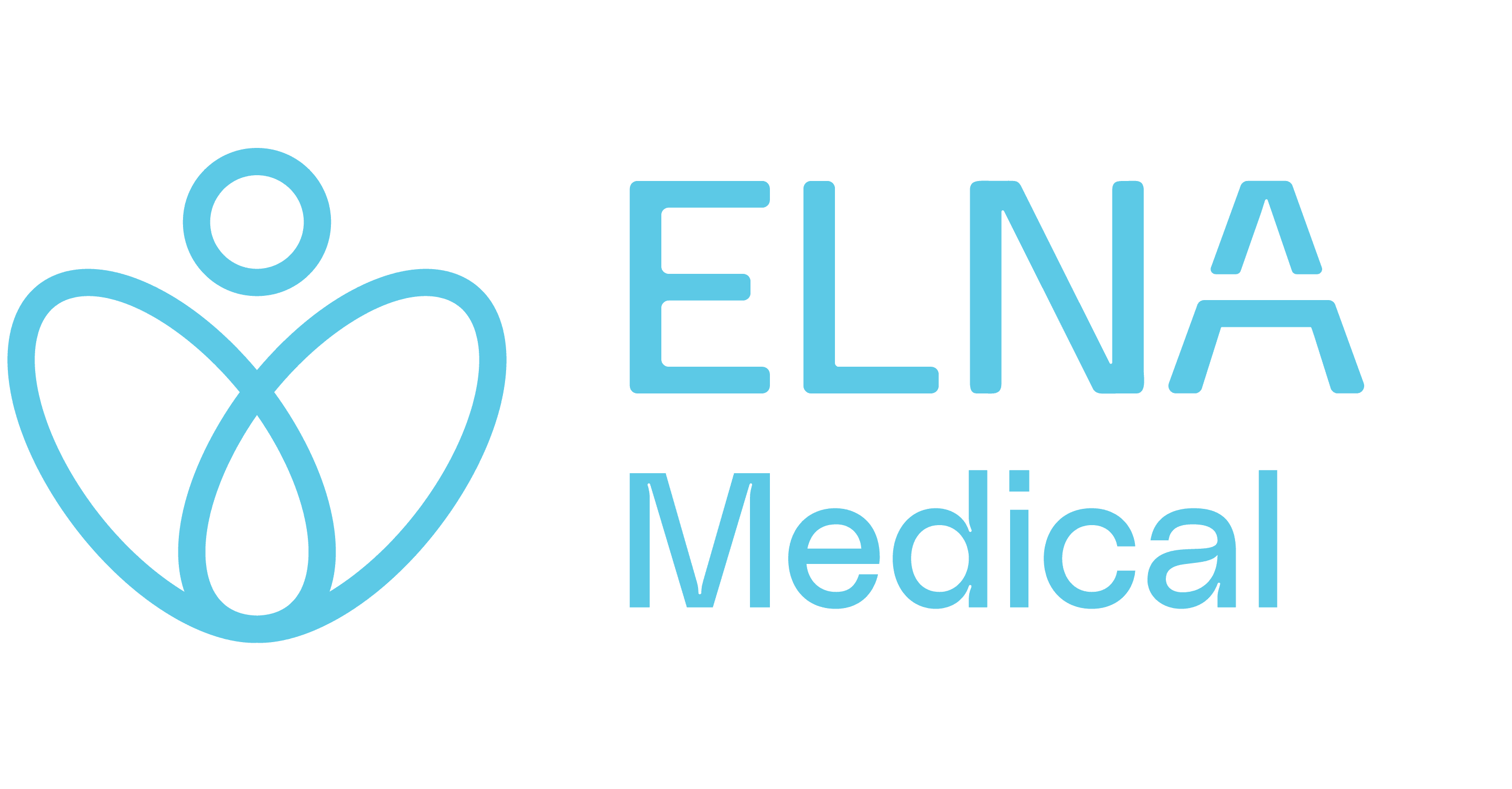A clinical training program at ELNA Pediatrics (Tiny Tots) in Montreal allows prospective medical students to acquire vital skills for a career in healthcare.

Empathy and efficiency are key ingredients for quality patient-centered medicine. When a medical practice runs smoothly, patients feel heard and get the answers they need quickly. Physicians see their full roster of patients without feeling rushed or burned out, and have time to consult on challenging cases where their expertise is most valuable.
Dr. Benjamin Burko, Chief Innovation Officer at ELNA Medical Tiny Tots, founded the Nurse Aides Program at the start of his pediatrics career in 1993. His goal was to increase the efficiency of his clinical practice, but also to give aspiring medical students a leg up in their career by offering them an early opportunity to work alongside physicians on the frontlines of Canadian healthcare.
Part of my mantra has always been to be more efficient and to provide higher quality care,” explains Dr. Burko, who has been a pioneer in using technology to enhance the patient experience., Dr. Burko served as the medical director and practice manager of Tiny Tots Medical Centre in Montreal, Canada’s largest non-hospital pediatric facility, from 1997 to 2020.
The bridge between patient and physician

Highly motivated health sciences students aiming to pursue a career in healthcare apply to take part in the Nurse Aides Program, a challenging internship in which prospective medical professionals are rigorously trained by physicians and managers to perform a number of crucial tasks that ensure the smooth functioning of the clinic.
Called “Nurse Aides,” their main role is to lighten the doctor’s workload by carrying out the following tasks:
- Be the first point of contact with patients, welcoming them and preparing the room.
- Ask parents a series of questions based on the reason for the visit, before the doctor arrives.
- Take accurate measurements and record key indicators (height, weight, head circumference, vital signs).
- Document the patient’s history and update the patient’s medical file and vaccination record.
- Participate in the training of other nursing assistants.
Nurse Aides managers Francis Nterere Butoke, Sarah Vanwambeke, and Emily How at ELNA Medical Tiny Tots explain how Nurse Aides improve medical practice for both patients and physicians. “Nurse Aides allow doctors to see and spend more time with a greater number of patients per day, thereby improving patient access to quality healthcare.”
As his clinic expanded from 12 to over 60 physicians, Dr. Burko was able to focus on areas where he was most effective. “I spent a lot more time doing the education piece, the part where I get to talk [to the patient] and really make sure they understand and answer [their] questions.”
Dr. Burko’s role gradually shifted from primary care physician to consultant pediatrician, allowing him to weigh in on challenging cases, not only internally but for over 1,000 physicians across Quebec. “[The Nurse Aides program] created quality, it created efficiency, and it helped prevent burnout.”
Training the art of listening

At ELNA Pediatrics Tiny Tots’s two clinics in Dollard-des-Ormeaux and at Décarie Square, Nurse Aides managers oversee hiring, training, and supervising Nurse Aides for quality assurance. Nurse Aides receive several weeks of on-the-job training and supervision, and must pass a theoretical exam before they can interview patients on their own.
“There is an art to listening to patients and extracting information,” explains Dr. Burko. “We developed a training program to make sure they are accurately recording the information.”
Nurse Aides are the first line between the patient and the physician, who then validates the information during their consultation. “It’s really a no-risk process,” says Dr. Burko. “Everything is double-checked. To not do that would be negligent and unprofessional.”
A leg up for medical school

Through their work with different doctors on a range of cases, Nurse Aides develop the skills required of any healthcare professional; an invaluable asset in preparing them for medical school.
“By the end of the year, they’ve done more patient interviews than any medical student, by a factor of five or more,” Dr. Burko explains. “The clinically curious ones ask a lot of questions and start honing their skills in thinking like a physician before they even get into medical school.”ELNA Medical Nurse Aides – Teamwork
“The very high number of our Nurse Aides that get accepted into medical or nursing schools, to me, speaks volumes about how the experience is valued by those programs. If I have to accept someone into [medical school] and I hear they spent a year in a clinical program with patients and loved it, they are much lower risk.”
Most Nurse Aides go on to work in healthcare as doctors, nurses, dentists, physiotherapists, occupational therapists or public health workers. Others, however, discover that a career in medicine is not for them.
“Being a Nurse Aide is not easy. It can take a toll on your mental well-being,” cautions Nurse Aide manager Francis Nterere Butoke. “It is imperative to remember that the job requires a level of empathy and professionalism.” “A great Nurse Aide is someone who takes initiative, thinks critically and who is detail-oriented, organized, reliable in high-stress situations and a team player,” says manager Emily How.
“Ultimately, I need to be able to picture them as a doctor,” says Dr. Burko. “If I can’t do that, I can’t hire them.”
If you are interested in participating in the program and becoming a Nurse Aide please send your cv to: pamanager@clubtinytots.ca and tinytotspa@gmail.com.















